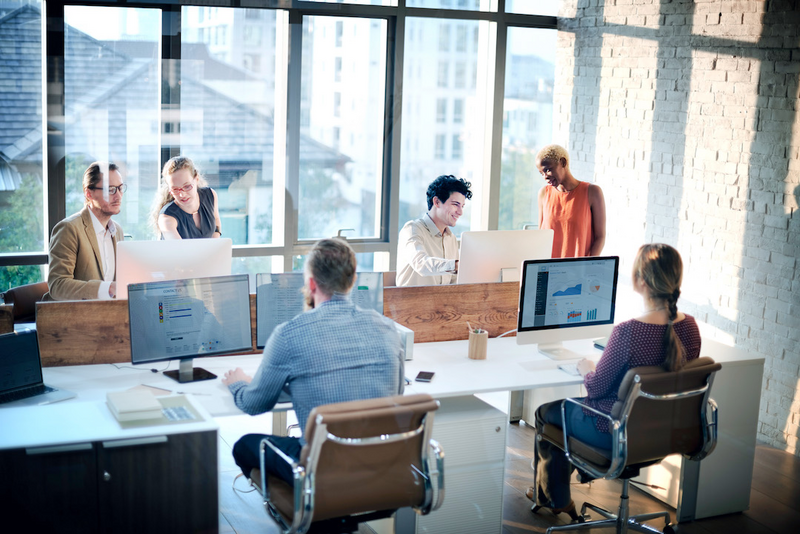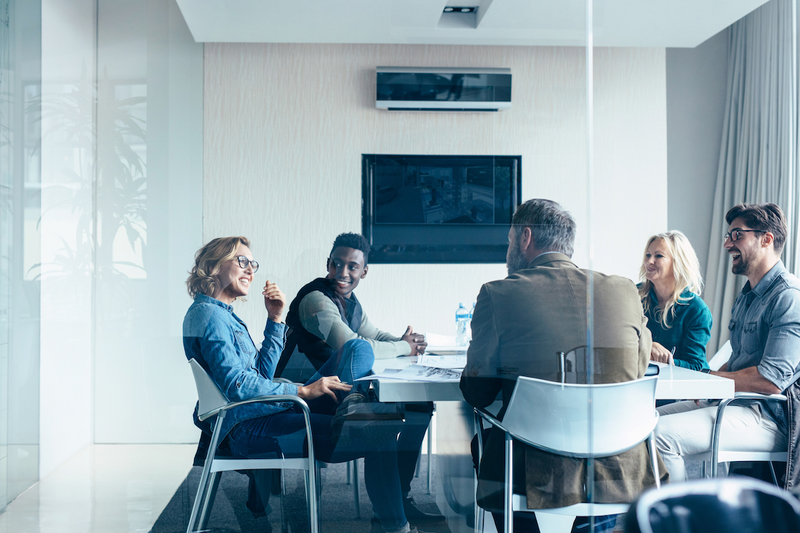There’s no question that the post-COVID workplace looks a lot different, and it’s not just about the physical office space but rather when, where, and how people work. Companies are re-thinking their corporate real estate strategies to respect their employees’ new work styles, preferences, and comfort levels, while faced with a fierce race for attracting and retaining top talent in a time of an unprecedented global labor shortage and high turnover rates.
In such a volatile labor market, striking the right balance between the employees’ values and the workplace model best suited to the company’s corporate culture is critical. What most people are looking for — or expecting — from their employers in the post-COVID workplace is a hybrid work model that allows more flexibility.
In the past, the five-day in the office workweek was the nucleus for building culture, connection, and collaboration across teams. In the new hybrid workweek model, these once-organic, casual collisions need to be reimagined in new ways … and office hoteling is helping to do just that.
Unlike "hot-desking," which offers workstations on a first-come, first-served basis, “hoteling” enables hybrid employees to reserve a workstation or designated space in advance via a desk reservation software or an app. As a key feature for employees and tool for companies, office hoteling bridges both sides' needs by offering employees the flexibility they’re looking for and companies a way to encourage people back into the office.
But office hoteling is only as good as the workplace experience that comes with it.
While offering office hoteling as an option is a great hook to get employees back into the office, building a worthy experience around it is what makes people stay and want to come back. This is where carefully curated employee experiences, strategic office layouts, and technology play critical roles in helping to achieve a successful hoteling model that keeps employees coming back for more.

